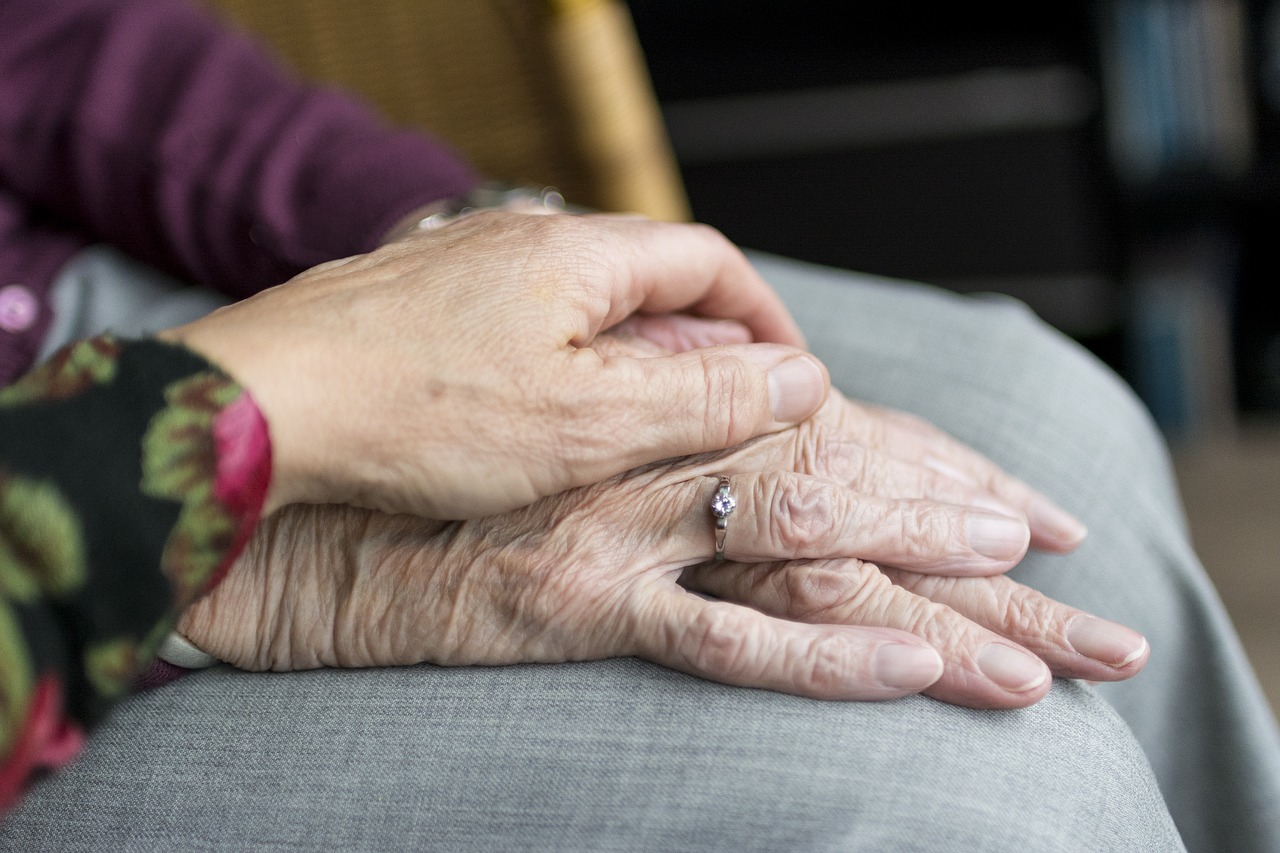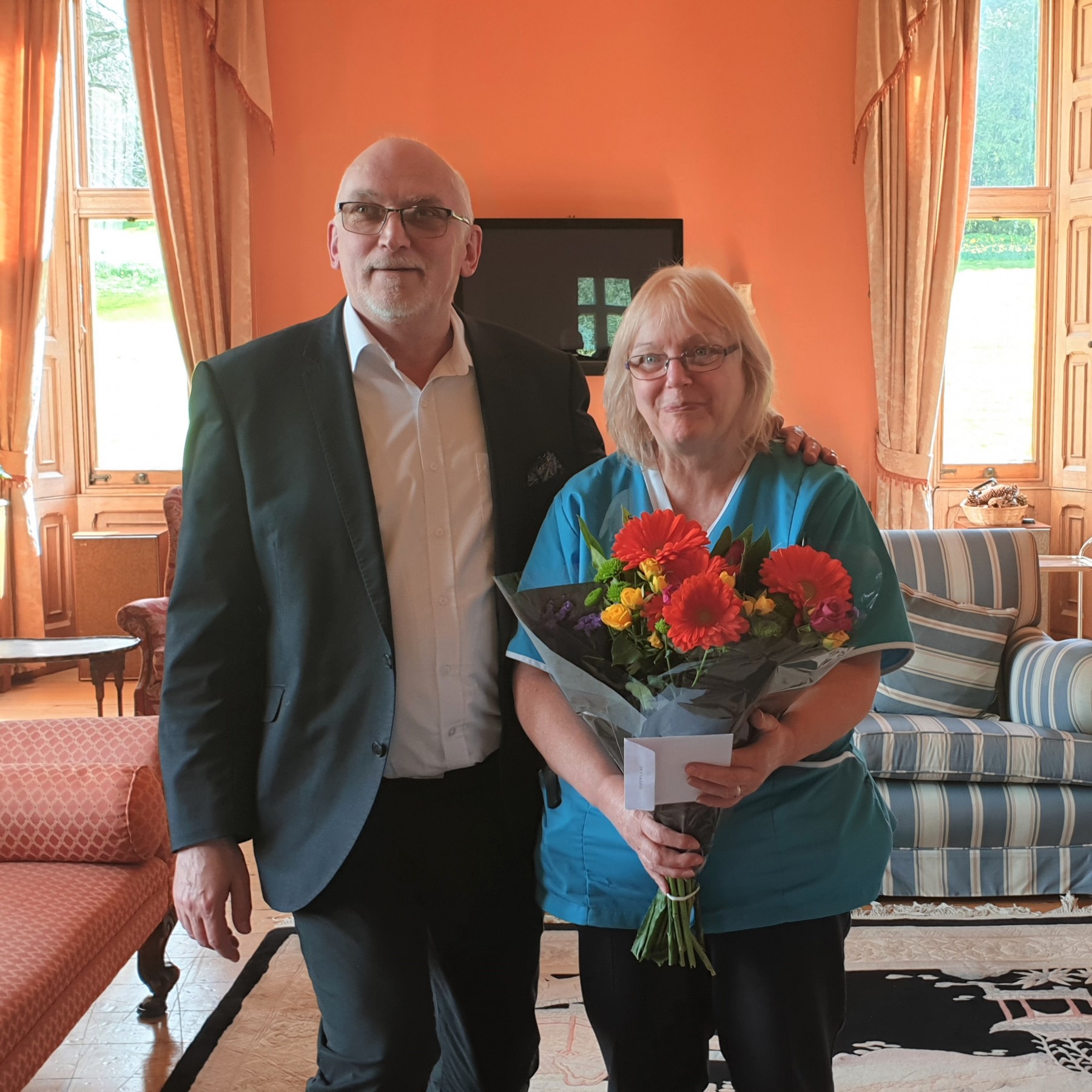By 2025, it is estimated that there will be more than 1m people in the UK with dementia. The quality of life of these people will depend to a large extent on how early they are diagnosed. Yet, very few of us are clear about what to look for.
According to the NHS website, possible early signs of dementia include:
- memory loss
- difficulty concentrating
- difficulty with familiar daily tasks, such as confusion over the correct change when shopping
- struggling to follow a conversation or find the right word
- being confused about time and place
- mood changes
Where one or more of these symptoms occur at a level that doesn’t significantly affect everyday life it is called minor cognitive impairment. Sometimes the symptoms don’t get significantly worse for a long time, but sometimes they are an early indicator of dementia.
Cognitive impairment isn’t (as many people believe) ‘all part of getting old.’ If symptoms are observed, it’s essential to get a proper diagnosis as quickly as possible.
Alzheimer’s
The largest cause of dementia is Alzheimer’s Disease. People in the early stages of Alzheimer’s may ask the same question repetitively, become confused in unfamiliar environments or become withdrawn or anxious.
In the longer term it’s possible that there will be a blood test that can quickly diagnose common causes of dementia. Early test results are encouraging and further research is underway.
As a family member or close friend, you are likely to be the first people to notice any signs for concern. It’s important to encourage the person to get a proper diagnosis as soon as possible.
While the facts can be hard to face, the reality may be less scary than the uncertainty. And it’s always better to know so that appropriate steps can be planned.
In the early stages, dementia symptoms can often be managed. But eventually it may be necessary to receive residential care at a home equipped to deliver dementia care such as Sherborne House in Yeovil.












